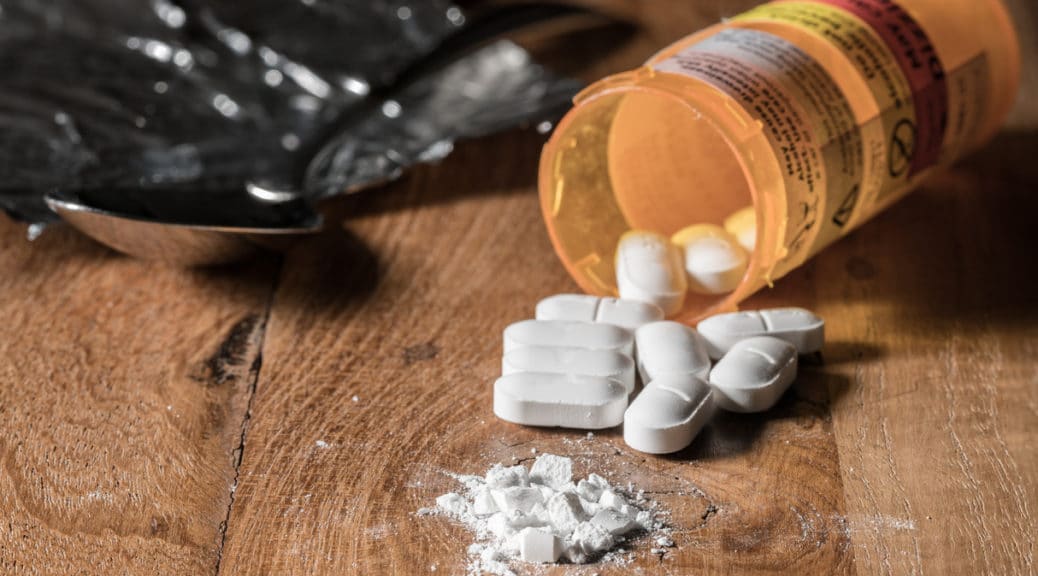New report finds Aged Care residents at high risk from altered medications

A new report released by the Pharmaceutical Society of Australia has found that up to one-third of people living in aged care facilities have their medicines altered to aid in swallowing and that it was potentially harmful to do so in 15% to 32% of the cases.
The report, Medicine Safety: Aged Care,also found that the altering of some medications had the potential to lead to “increased toxicity, reduced effectiveness, altered absorption and stability (and the creation of) potential safety hazards…. because the medicines no longer work in the way they were originally intended.”
The most common reason why medications are crushed, or altered, in an Aged Care setting is to aid in administration for people who have difficulty swallowing large pills and tablets.
The report cites a number of studies including one from South Australia that found 17% of medications altered in Aged Care facilities in that state had the potential to cause increased toxicity, decreased efficacy, unpalatability, safety or stability.
Another study from the Australian Capital Territory facility reported that 32% of altered medications were not appropriate for altering and could lead to an increased health risk for residents.
Clearly crushing medications is a safety risk, regardless of age or situation, especially when conducted by a person not possessing a high level of pharmaceutical knowledge.
The safe alternative to crushing medication in a domestic environment is to have the medication compounded as a liquid or soluble powder by a reputable and fully licensed compounding pharmacy.
Medication compounded in this way can be reviewed and then appropriately formulated by a specialist compounding pharmacist to ensure efficacy, absorption and stability remains high and that there is no increased risk of toxicity for the patient.
Properly compounded medication also ensures the patient gets the correct dose every time and that medication is not lost during a less-than-professional crushing process.
For more information on compounded medication to help when the patient has difficulty swallowing contact National Custom Compounding on 1300 731 755 or send an email to [email protected] for more information.
